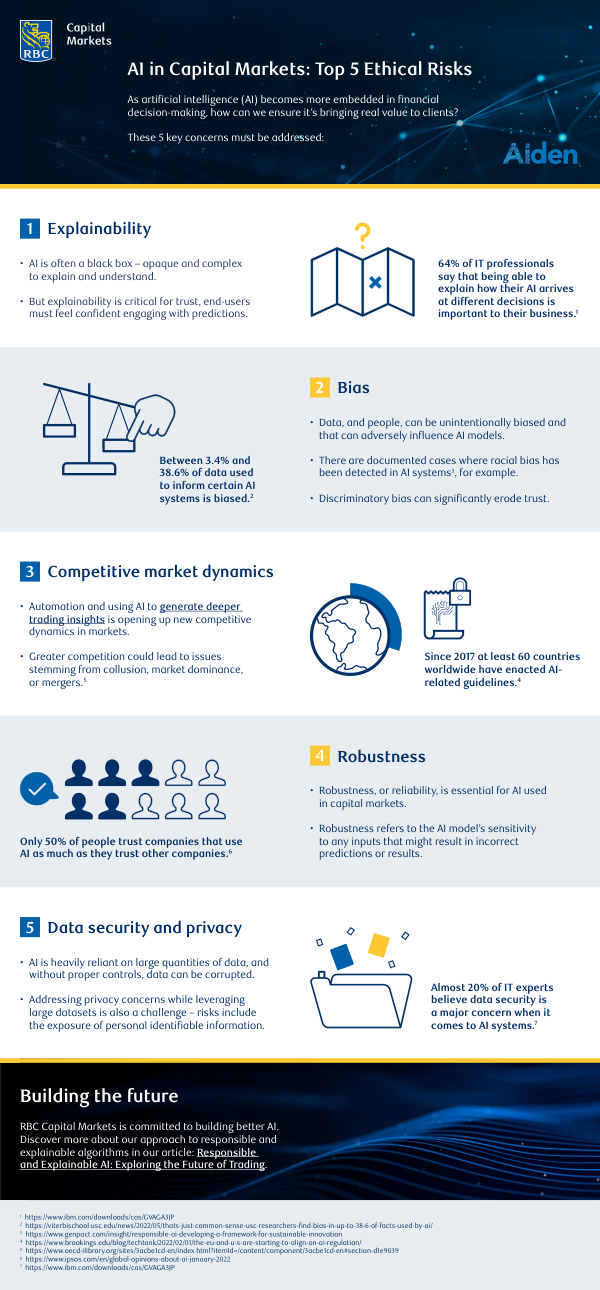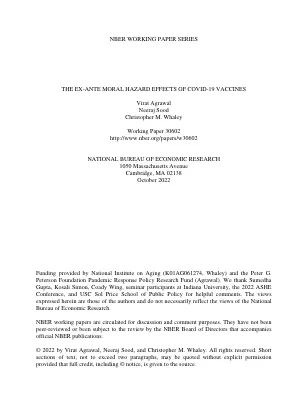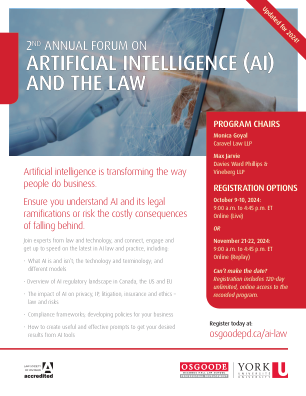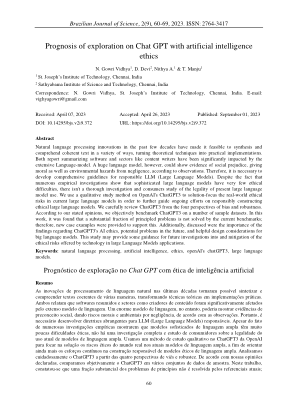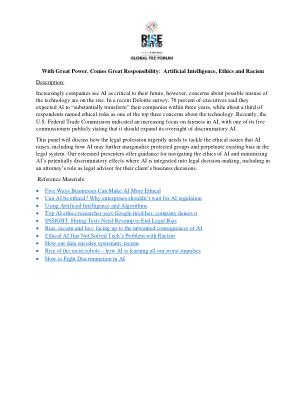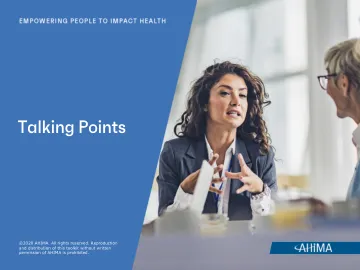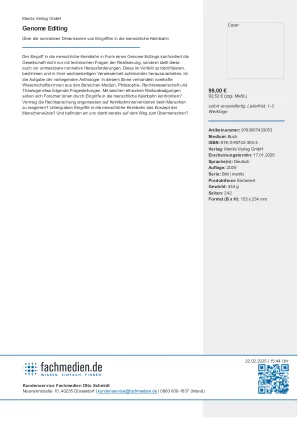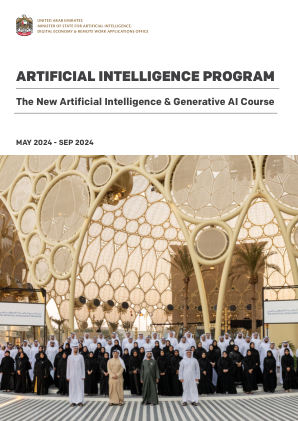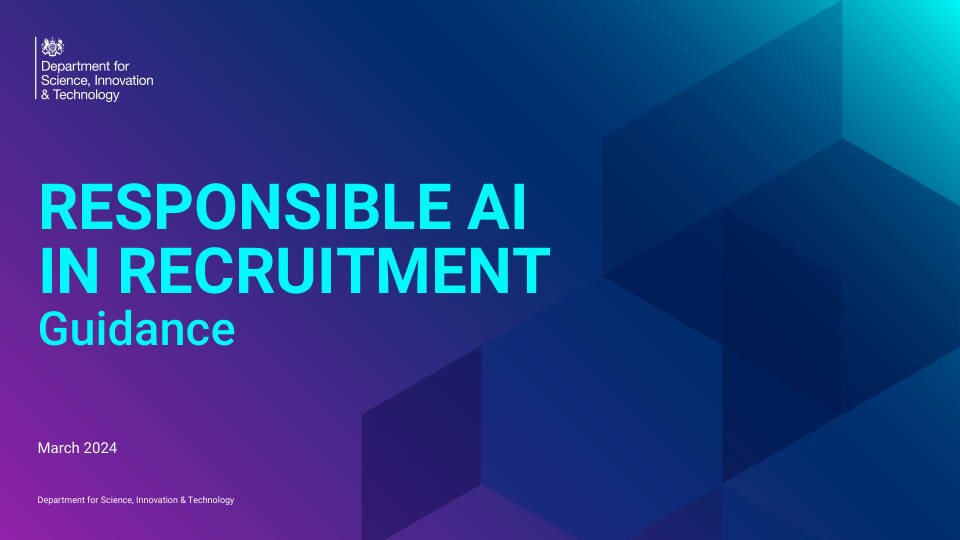XiaoMi-AI文件搜索系统
World File Search System资本市场中的人工智能:五大道德风险
1 https://www.ibm.com/downloads/cas/GVAGA3JP 2 https://viterbischool.usc.edu/news/2022/05/thats-just-common-sense-usc-researchers-fnd-bias-in-up-to-38-6-of-facts-used-by-ai/ 3 https://www.genpact.com/insight/responsible-ai-developing-a-framework-for-sustainable-innovation 4 https://www.brookings.edu/blog/techtank/2022/02/01/the-eu-and-us-are-starting-to-align-on-ai-regulation/ 5 https://www.oecd-ilibrary.org/sites/3acbe1cd-en/index.html?itemId=/content/component/3acbe1cd-en#section-d1e9039 6 https://www.ipsos.com/en/global-opinions-about-ai-january-2022 7 https://www.ibm.com/downloads/cas/GVAGA3JP
新冠疫苗的事前道德风险效应
一个长期存在的经济问题是,通过保险或其他减少伤害的干预措施来保护人们免受伤害,如何导致潜在的抵消行为变化(事前道德风险)。免疫接种是一种保险,因为个人在接种疫苗时需要承担前期费用,但如果他们接触到疫苗可预防的疾病,它可以保护个人。在这项研究中,我们实证评估了 COVID-19 疫苗的事前道德风险效应。首先,利用老年人口早期接种资格导致 65 岁时疫苗接种率不连续这一现象,我们比较了 65 岁及以上和 65 岁以下人群的疫苗接种率和风险缓解行为。我们没有发现 65 岁及以上人群风险缓解行为减少的证据。其次,利用不同年龄段人群接种疫苗资格时间的州级差异,我们估计 COVID-19 疫苗接种对成年人口的风险缓解行为没有影响。我们的研究结果表明,COVID-19 疫苗在短期内产生的道德风险效应微乎其微。
人工智能聊天GPT探索预测
过去几十年的自然语言处理创新使得以各种方式合成和理解连贯文本成为可能,将理论技术转化为实际实现。报告总结软件和内容作者等行业都受到了大型语言模型的重大影响。然而,根据观察,大型语言模型可能会显示出社会偏见的证据,从而因疏忽而产生道德和环境危害。因此,有必要为负责任的 LLM(大型语言模型)制定全面的指导方针。尽管许多实证研究表明复杂的大型语言模型几乎没有道德问题,但目前尚未对使用大型语言模型的合法性进行彻底的调查和消费者研究。我们使用定性研究方法对 OpenAI 的 ChatGPT3 进行研究,以解决当前大型语言模型中现实的道德风险,从而进一步指导负责任地构建道德大型语言模型的持续努力。我们从偏见和稳健性的四个角度仔细审查了 ChatGPT3。根据我们所陈述的意见,我们客观地在多个样本数据集上对 ChatGPT3 进行了基准测试。在这项工作中,我们发现当前基准测试无法解决相当一部分原则性问题;因此,提供了新的案例来支持这一点。此外,还讨论了有关 ChatGPT3 的 AI 伦理的发现的重要性、未来的潜在问题以及对大型语言模型的有用设计考虑。这项研究可能为未来调查和减轻大型语言模型应用中技术带来的道德风险提供一些指导。
人工智能、伦理与种族主义
越来越多的公司认为人工智能对其未来至关重要,然而,人们对该技术可能被滥用的担忧也在增加。在德勤最近的一项调查中,76% 的高管表示,他们预计人工智能将在三年内“大幅改变”他们的公司,而约三分之一的受访者将道德风险列为对该技术的三大担忧之一。最近,美国联邦贸易委员会表示越来越关注人工智能的公平性,其五名委员之一公开表示,该委员会应该扩大对歧视性人工智能的监督。
负责任的招聘人工智能 - 指南
本指南确定了在招聘和聘用过程中使用人工智能的潜在道德风险。它进一步概述了人工智能保证机制如何为组织提供工具、流程和指标,以评估人工智能系统的性能、管理风险并确保遵守法定和监管要求。它适用于寻求在招聘过程中采购和部署人工智能系统的组织。本指南是为非技术受众编写的,假设对人工智能和数据驱动技术有最低限度的了解,适用于有或没有全面人工智能战略的组织。通过本指南,读者将了解:

